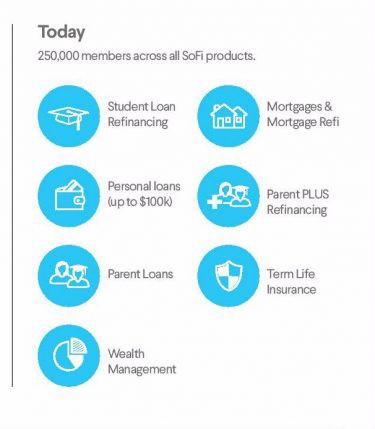SoFi, or Social Finance, was founded in 2011 by Mike Cagney, who has become the FinTech industry’s most prominent voice, a sort of radical sage of his own. He wields a master of science degree in management from the Stanford Graduate School of Business and was once senior vice president at Wells Fargo. He is also co-founder of a hedge fund, which makes him the kind of guy who should be a Wall Street darling, or at least an apologist for the system he is seeking to replace.
The times, they are a-changing.
So crooned last generation’s wisest sage, a reluctant messiah for a new world emerging from the not-yet-settled dust of a crumbling system based on values headed out of fashion. That system, however, was still being financed by the world’s banks. But if SoFi has anything to do with it, those banks will be supplanted by a new system of financing for the new set of values. The writing is on the wall, but the ink may yet be invisible.

Cagney hasn’t been shy about his criticisms of banks, saying they are nothing more than a utility. He delights in pointing out how millennials don’t trust them. And he’s on a mission to take advantage of that unfortunate state.
Read more